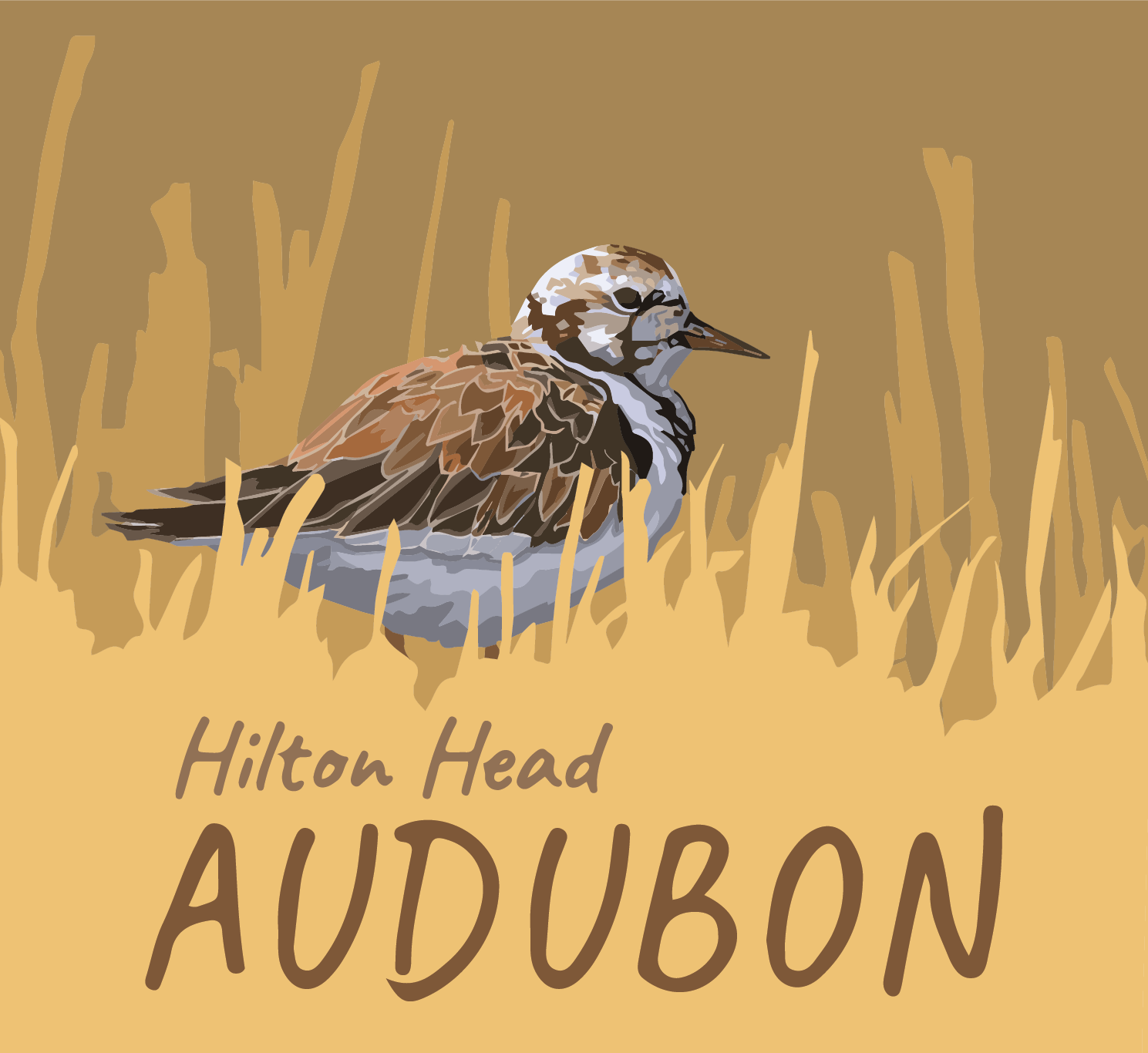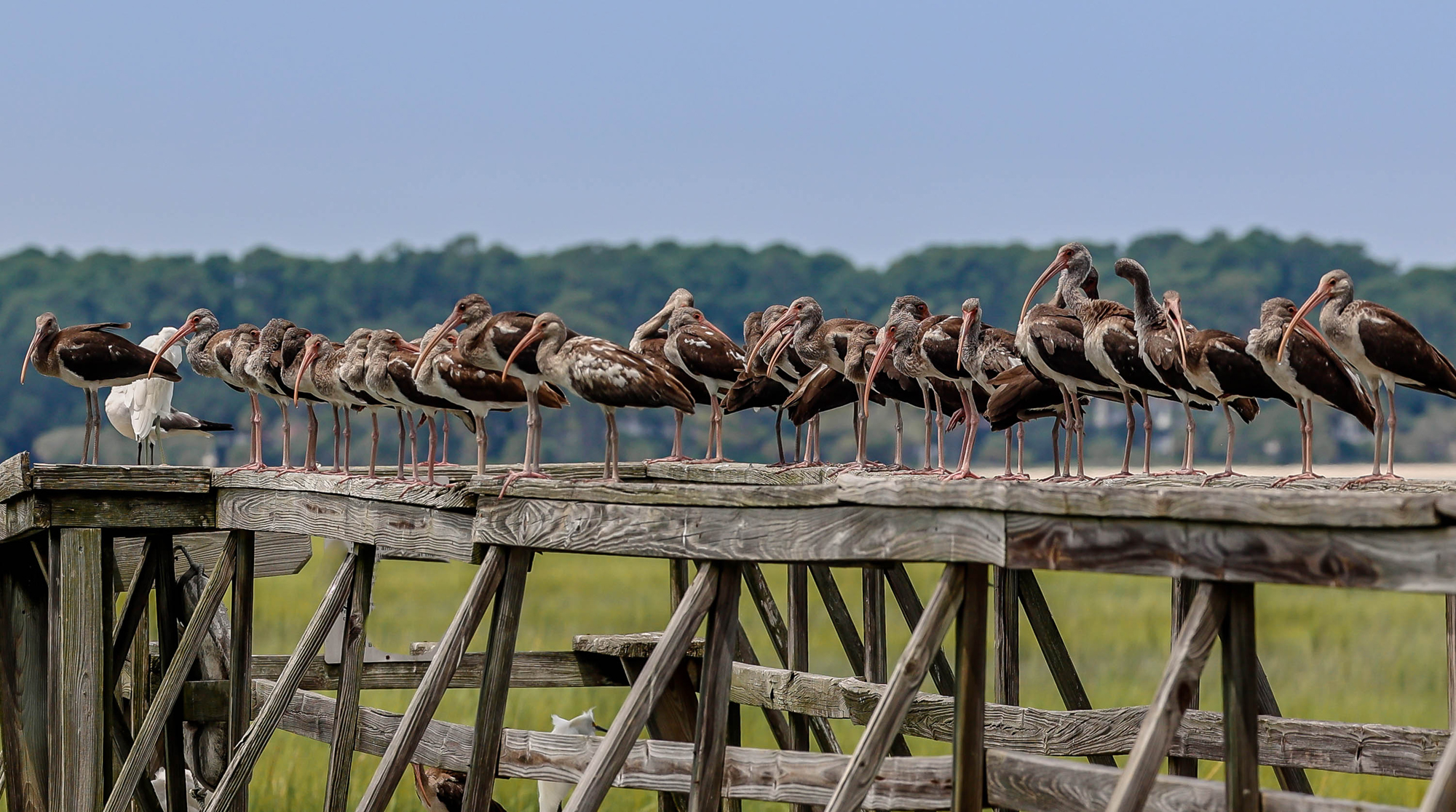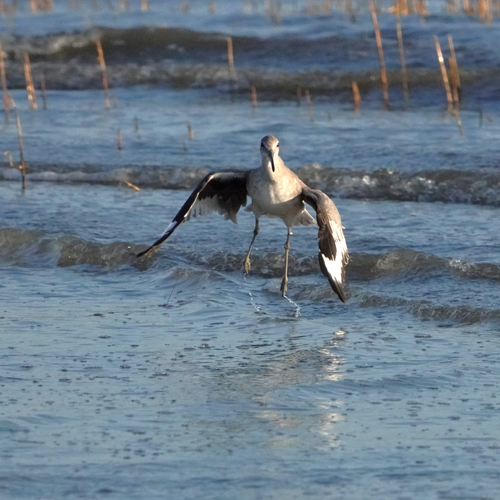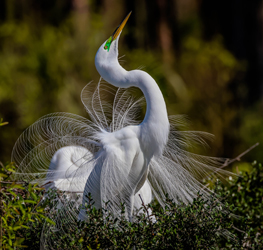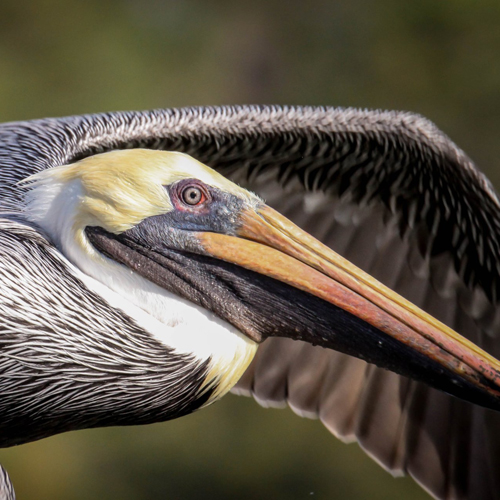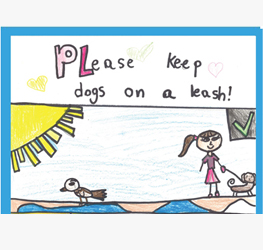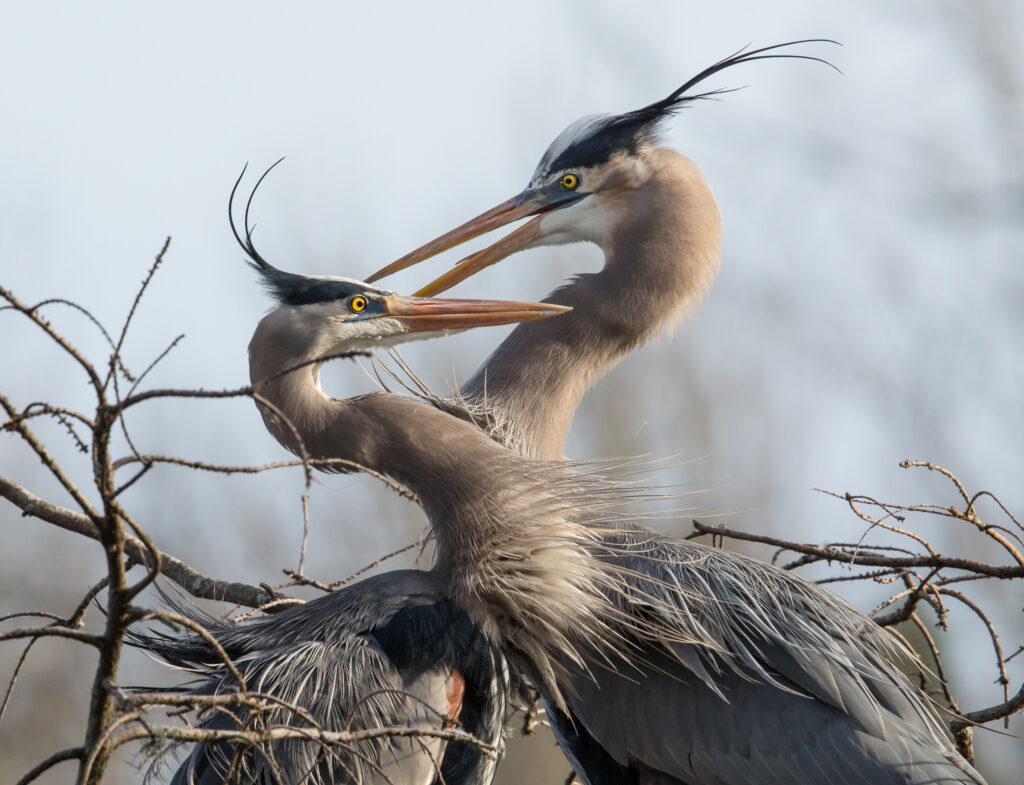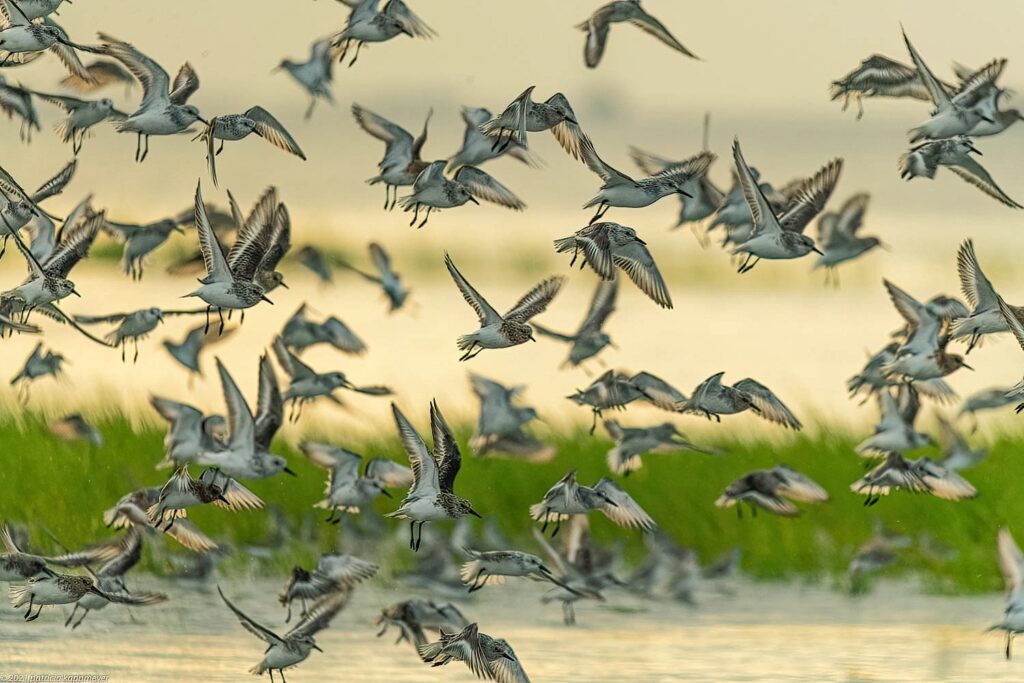Please explore our conservation projects and how you can become involved.
Our love of birding and need for conservation is explained below.
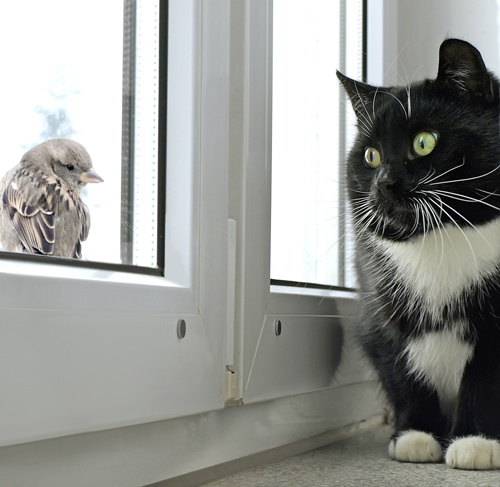
Safe Birds
Safe Cats
Did you know the biggest threat to birds after habitat loss is CATS?
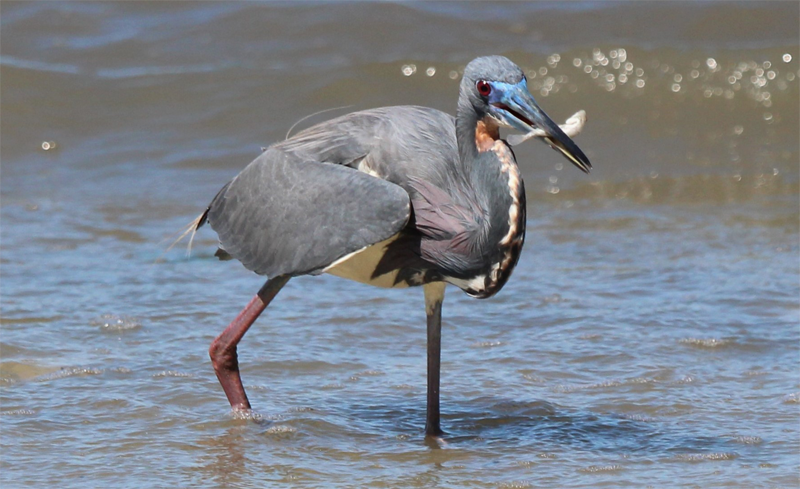
Resources
FAQs, Birding Ethics & the Health Benefits of Birding
Other Public Issues
If you learn of a development issue or public proposal relating to the natural environment that poses a risk or endangerment to our wild birds in the Hilton Head/Lowcountry area, please contact us to see if we can help: conservation@hiltonheadaudubon.org.
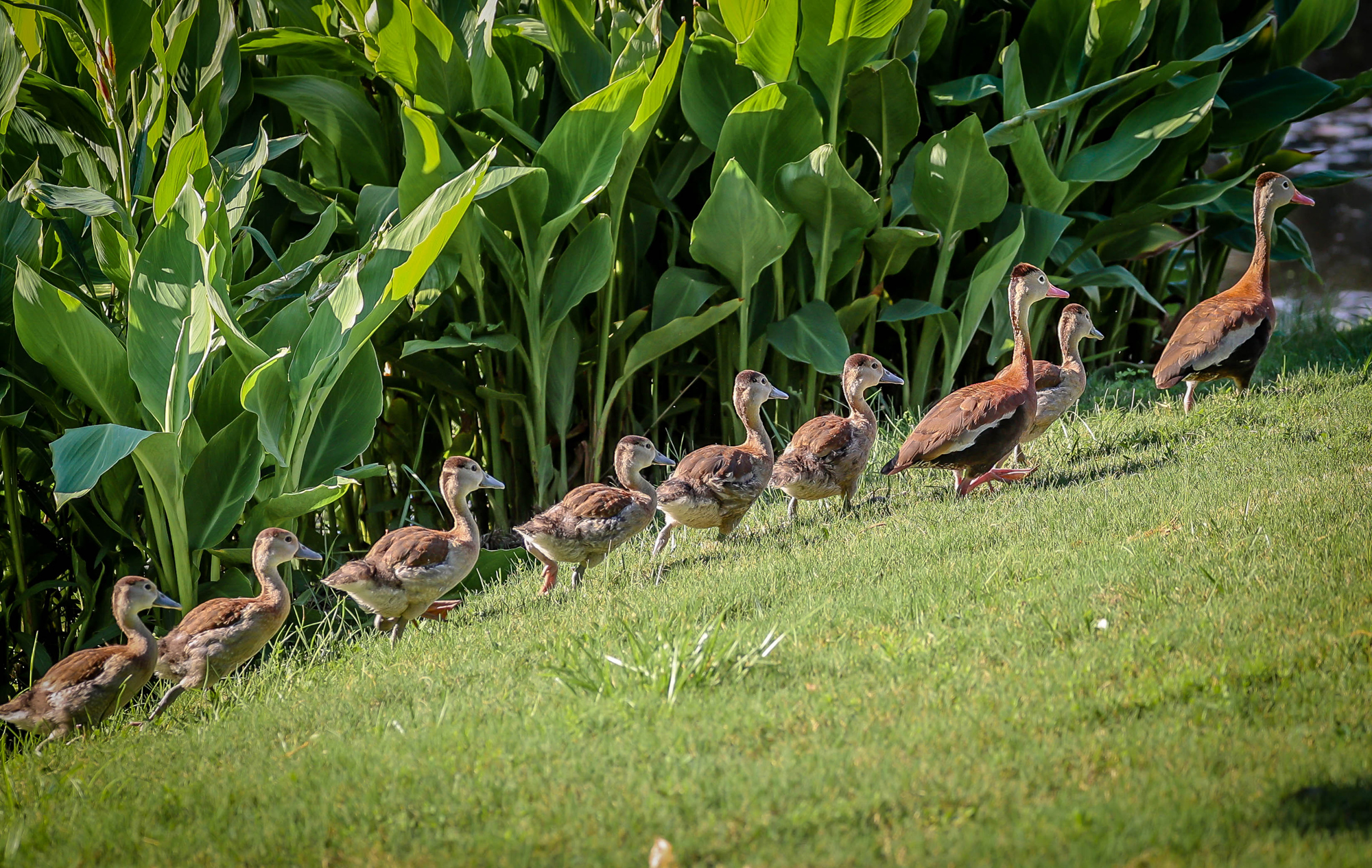
Birding and Conservation
Birding is a great hobby. It has steadily grown in popularity over the last few decades and exploded during the pandemic. Simply enjoying the beauty and curiosity of birds or becoming engrossed in the thrill of birding as so many of us have—from figuring out what bird is hidden in the bushes or flying by at an amazing speed or finding that next ‘life’ bird — have brought us more in touch with these incredible creatures and the wildlife and nature around us. It’s even been studied that birding has more health benefits than just taking a nature walk or hike!
Citizen science projects, including Christmas Bird Counts and apps like eBird that track bird sightings, are great ways to keep scientists updated on where birds are as well as to let your fellow birders know what’s around. Sharing a sighting or learning from others about the behavior of birds makes our commitment to birds and birding that much stronger.
The popularity of birding is a good thing for birds and wildlife, too. As more people enjoy birds, more people also realize the importance of preserving and protecting the natural environments that birds depend on. Without their habitats intact, they disappear. In fact, the population of birds has plummeted by 70% during the last three decades due to habitat loss, environmental damage, unnatural predators, and climate change. Conservation can — and has — helped repair and restore the natural habitats that birds need to survive and teach us how to better coexist with them.
Citizen Conservation takes our love of birds a step further into being involved in a more meaningful way and calls for a new type of birder that is needed now more than ever: one that will work to ensure birds continue to thrive around us. Birds need a healthy future, and it’s up to us to make sure they do.
Hilton Head Audubon is working to turn the tide in the Lowcountry and give our birds and wildlife a better fighting chance against forces that they didn’t have a say in. Our voice stands in for theirs, and our actions need to safeguard a sustainable and flourishing natural world for birds and wildlife. All around us, forces against them range from overdevelopment, increasing climate change, invasive species and plants, and harmful human habits. Together, we can work for more environmentally beneficial policies and habits that help our birds thrive and restore their habitats. Please join us in these efforts.
It Only Takes a Little to Make a Big Difference
Learn how to help our birds of the Lowcountry by reading about our conservation projects. When you join Hilton Head Audubon, you can opt in for our Ecobon Newsletter and periodic emails to stay informed of our work and how you can help.
Become a Hilton Head Island Audubon Activist
The impact of our efforts is written across Hilton Head’s landscape, and is fueled by grassroots engagement—a strong community of people working together to protect nature.
Help us make positive change by signing up to become a Hilton Head Island Audubon activist. We will provide you with emails about advocacy actions you can take to safeguard the island, county and state landscapes.
